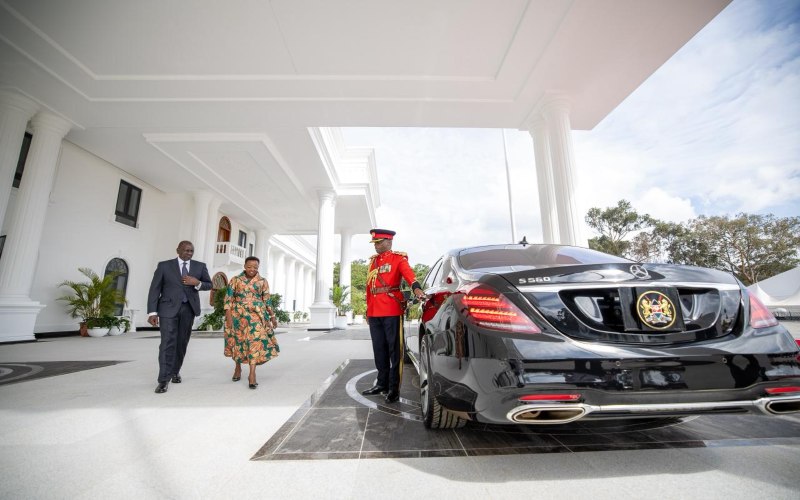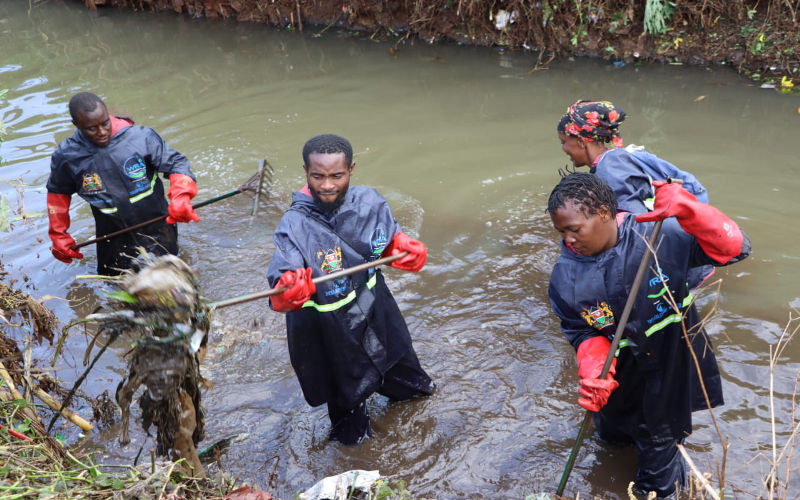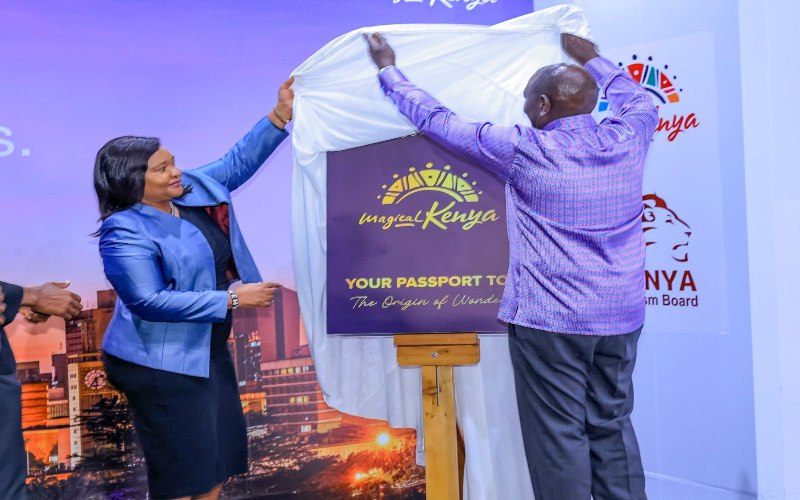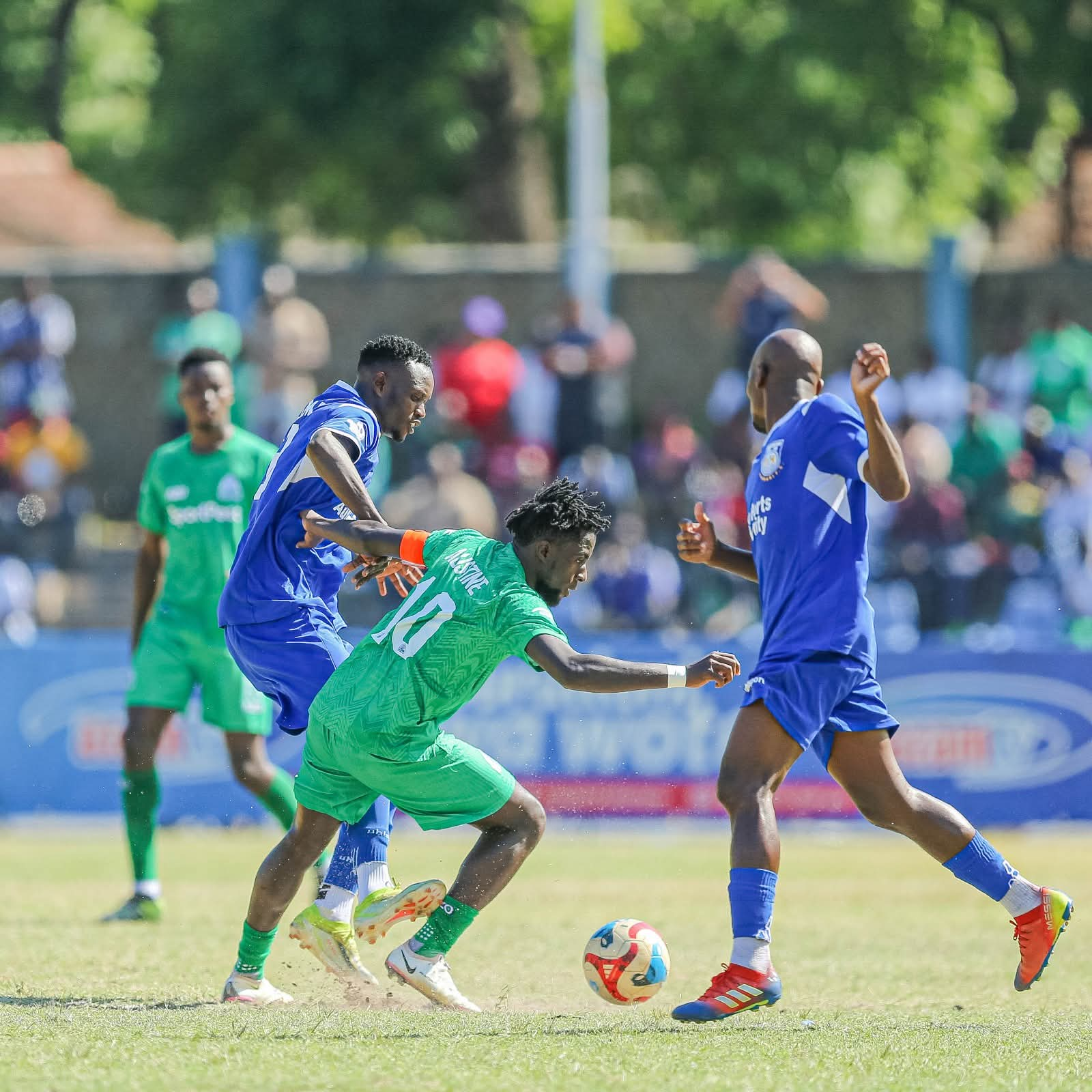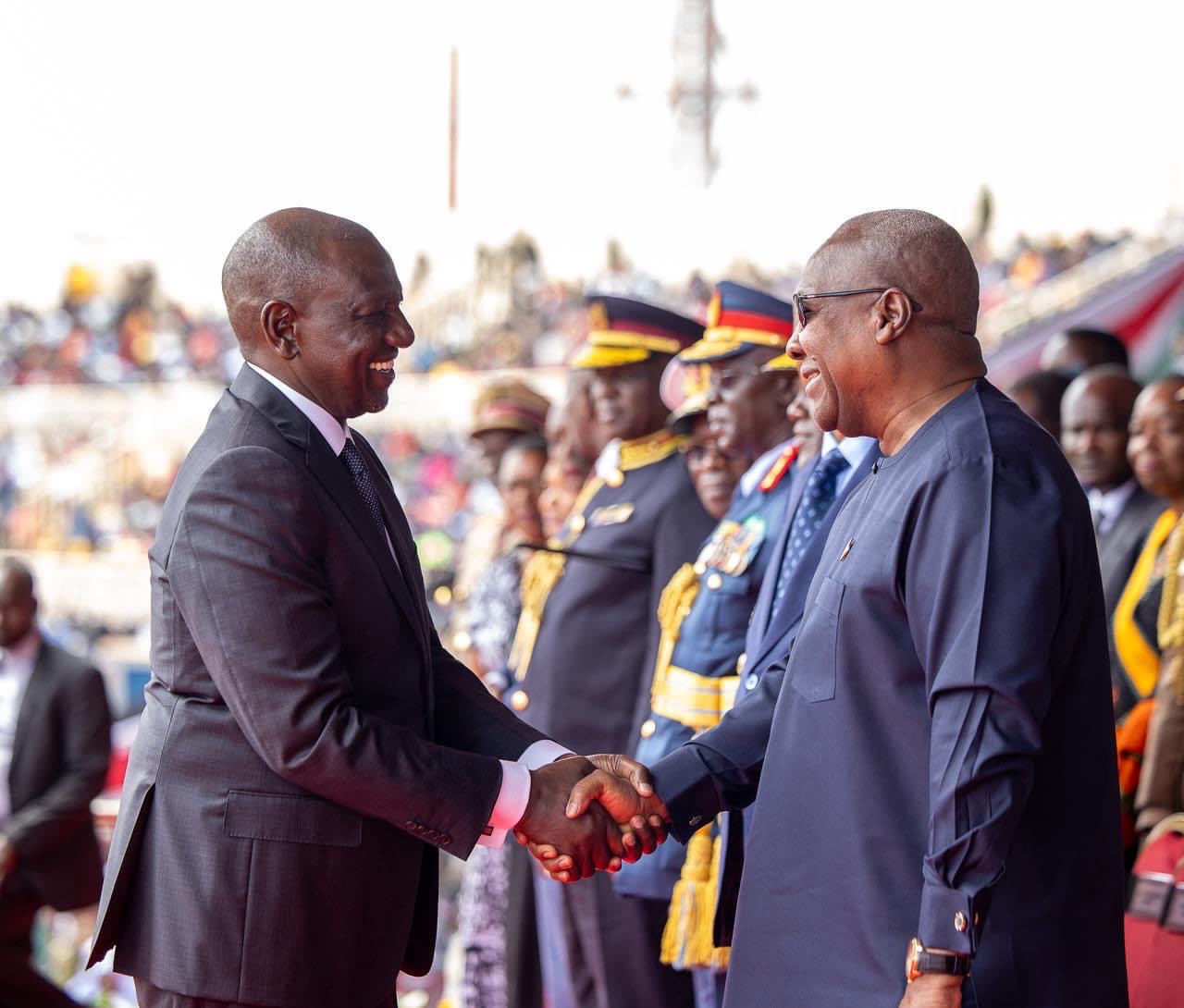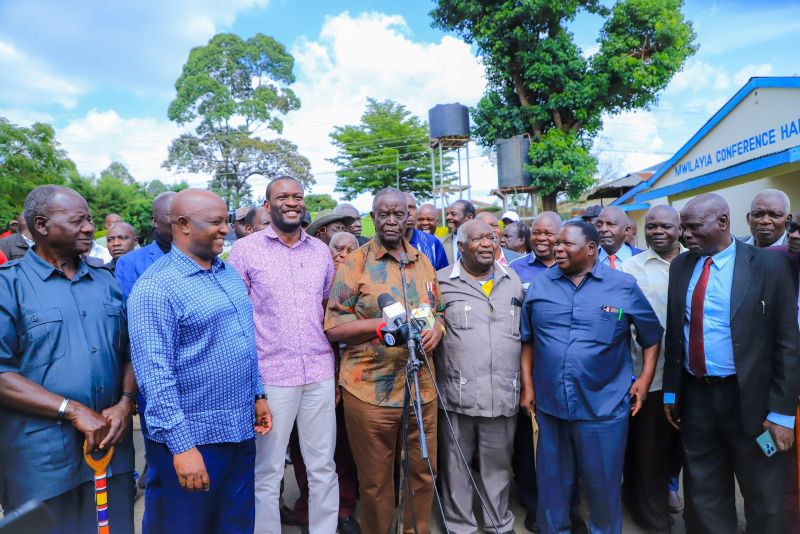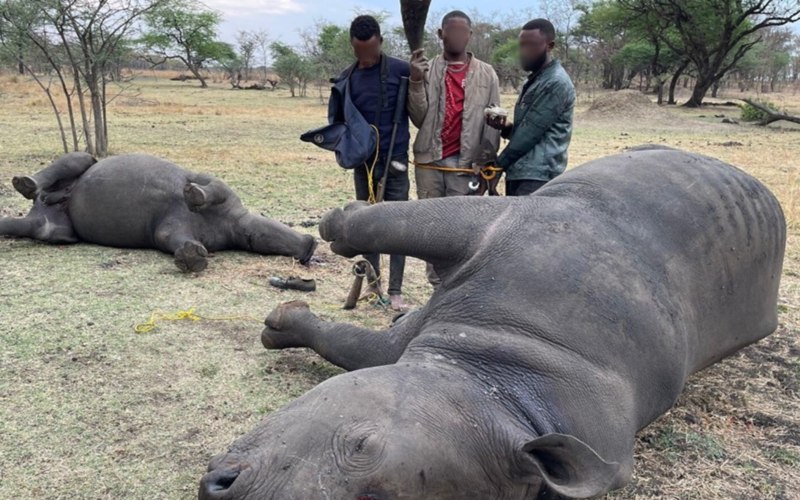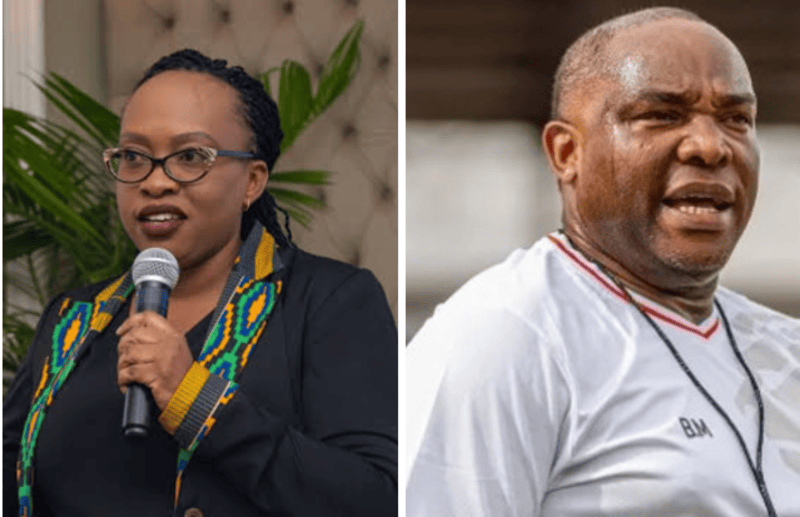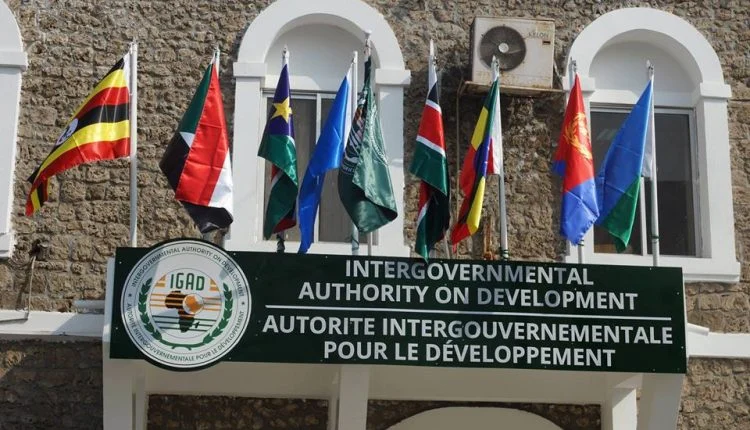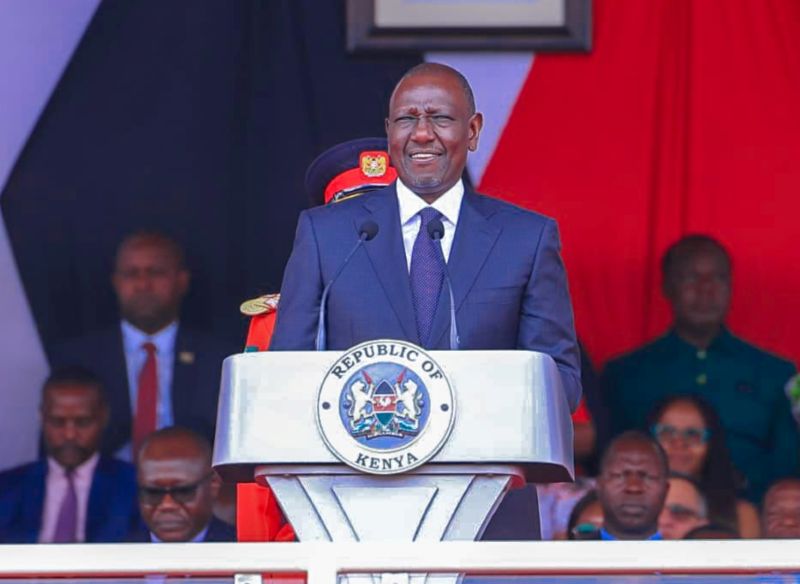Human rights body demands justice for Shakahola victims
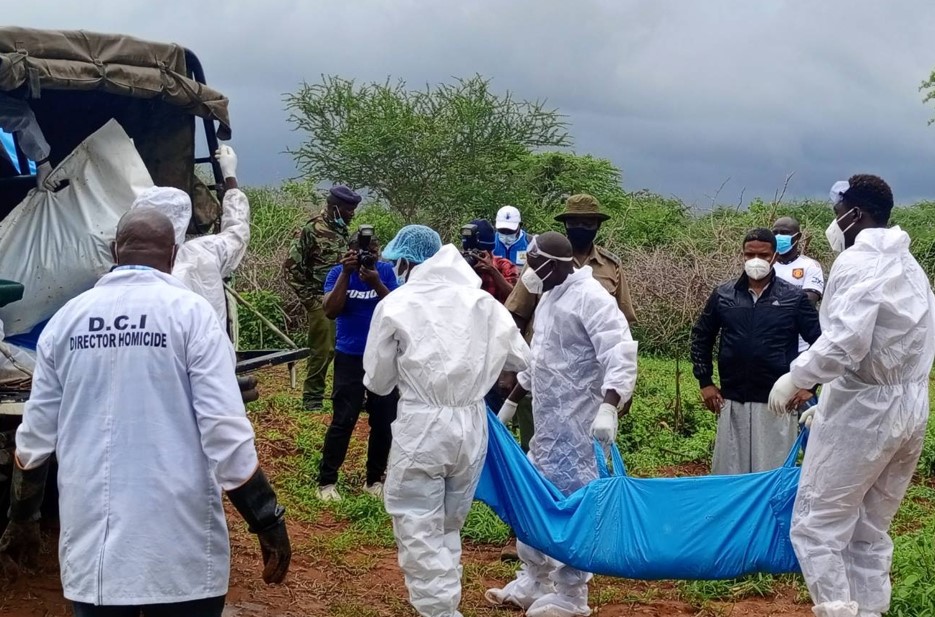
The commission has asked the government to establish a multi-agency/multi-stakeholder de-radicalisation and rehabilitation plan to facilitate the reintegration of the survivors into their homes, families, and communities.
The Kenya National Commission on Human Rights has called for the resumption of the pending exhumation of bodies in Shakahola, Kilifi.
The commission has also asked Interior Cabinet Secretary Kithure Kindiki to bring to account all security officers and national administration officers whose acts of omission and commission abetted and aided the Shakahola massacre.
More To Read
- Shakahola trial: Former co-preacher reveals Mackenzie urged followers to shun society, await "direct ascent to heaven"
- Millions in Africa denied services as biometric IDs lock out vulnerable citizens
- KNCHR says Kenyans still locked out of healthcare despite Sh138 billion SHA boost
- KNCHR raises alarm as over 100 femicide cases recorded in three months
- Father recalls unimaginable pain after identifying missing daughter in Shakahola case
- UN Rights Chief raises alarm over abductions, enforced disappearances in Uganda ahead of elections
"This should include charging them with criminal negligence and individual responsibility," KNCHR said. It also asked the State to facilitate the survivors to regain their vital documents which were destroyed as a result of the indoctrination and radicalisation.
The report dubbed "Mashaka ya Shakahola" further recommended the release of the bodies to their next of kin for burial.
The commission now requests Kenyans to report religious fanaticism and extremist practices to relevant government agencies to forestall similar atrocities in the future.
"Anyone with crucial information relevant to bringing the Shakahola massacre perpetrators to justice should come forth and record statements with the police," says the newly released report on Shakhaola deaths.
The commission further asked the government to establish a multi-agency/multi-stakeholder de-radicalisation and rehabilitation plan to facilitate the reintegration of the survivors into their homes, families, and communities.
"Urgently invest in rescue and rehabilitation infrastructure across the country in readiness for unforeseen disasters in the future. This particular incident exposed a serious lack of preparedness by the Government regarding rescue and rehabilitation in disaster situations. Suffice to say, the government is relying on the goodwill of well-wishers to assist the Shakahola survivors," the commission said.
KNCHR has been conducting interviews with community members living next to the mass graves as well as some survivors and relatives of the deceased. The Commission teams also visited the survivors at the rescue centres and the suspects detained in Malindi, Kilifi, and Shimo la Tewa Prisons.
They also did a comparative analysis with an enquiry conducted in South Africa on the Commercialization of Religion.
The Commission held key informant interviews with opinion leaders and relevant government agencies including CSOs, local Human Rights Defenders (HRDs), the police, the National Government Administration, the Office of the Director of Public Prosecutions, the Judiciary, Prisons authorities, Kenya Red Cross, forensic agencies, Ministry of Health and the Children Department.
To ensure the security of the interviewees, interviews were conducted in confidence, in safe places and their identity concealed in the report where requested or necessary.
It was found out that Paul Mackenzie who headed the Good News International Church in Malindi abused the right to freedom of conscience, religion, belief and opinion.
He exploited people's vulnerabilities and recruited hundreds of followers through direct fellowship, television and YouTube broadcasts.
He manipulated the gullible followers to dispose of their earthly possessions and lured them through promises of a serene life in Shakahola as they prepared for the end of the world in August 2023.
After dispossessing the followers of their livelihoods and life savings, Mackenzie persuaded his followers to destroy their vital documents such as birth certificates, National Identity Cards, Passports, Title Deeds, academic documents, and marriage certificates.
He intentionally isolated his followers from their relatives and the rest of the society by confining them in the desolate Shakahola wilderness which had no telephone connectivity, transport infrastructure or social services such as schools and hospitals.
"The commission received credible allegations of torture, the cruel, inhuman, and degrading treatment meted out against suspected perpetrators and survivors of the Shakahola massacre while in police and prison custody. "
The commission wants Parliament to push for the implementation of the National Coroners' Service Act 2017 without further delay, and enact an effective self-regulatory legal regime of the religious sector similar to the Media Council of Kenya and the Law Society of Kenya.
It also calls for complete and accurate disclosure and release of information and data relating to Shakahola in the custody of the State.
Top Stories Today




